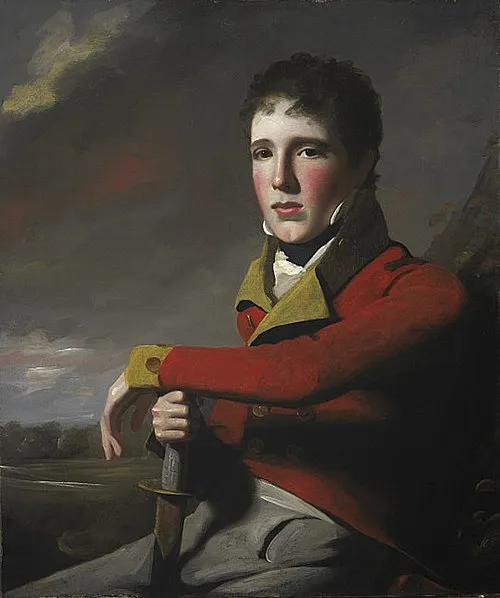
Full Name: Sócrates Brasileiro Sampaio de Souza Vieira de Oliveira
Birth Date: February 19, 1954
Death Date: December 4, 2011
Nationality: Brazilian
Position: Midfielder
Clubs Played For: Corinthians, Flamengo, and others
Notable Achievements: Won the Campeonato Paulista and played in the 1982 and 1986 FIFA World Cups
Coaching Career: Managed various teams, including the Brazilian national team
Remembering Sócrates: The Brazilian Football Legend
Sócrates Brasileiro Sampaio de Souza Vieira de Oliveira, commonly known as Sócrates, was born on February 19, 1954, in Belém de Pará, Brazil. He passed away on December 4, 2011, in Ribeirão Preto, Brazil. His life was a unique blend of football brilliance, intellectual depth, and a larger-than-life personality, making him one of Brazil's most beloved football figures.
Sócrates began his football career in the late 1970s, playing for a number of clubs, but he is best known for his time at Corinthians, where he became a symbol of the club's fight against the military dictatorship in Brazil during the 1980s. His leadership on the field and his charisma off the field made an indelible impact on Brazilian football as well as on the broader social landscape.
During his playing career, Sócrates was not just a midfield maestro known for his exceptional vision and precise passing but also a key figure in the Corinthians Democracy movement. This movement advocated for the participation of players in the decision-making processes of the club, challenging the authoritarian structures prevalent at the time. Under his leadership, Corinthians became a beacon of hope that inspired many across Brazil. Sócrates’ philosophy was that football was not just a game; it was a social tool to promote change.
As part of the Brazilian national team, Sócrates earned international acclaim, participating in two FIFA World Cups, in 1982 and 1986. The 1982 World Cup team is often cited as one of the greatest teams never to win the tournament, showcasing a style of play characterized by skill, flair, and creativity. Sócrates played an integral role in this illustrious squad, contributing both as a leader and as a player. He was known for his incredible stamina, technical skill, and trademark long passes that often set up his teammates for scoring opportunities.
In addition to his football prowess, Sócrates was an intellectual and a medical doctor, earning his degree in medicine while still playing professionally. He often spoke about the importance of education and critical thinking, championing the idea that athletes should use their platform to speak on socio-political issues. His writings on health, politics, and culture demonstrated his multifaceted personality and commitment to social justice.
After retiring from professional football, Sócrates continued to be involved in the sport as a manager and commentator, using these platforms to address various social issues he cared deeply about. His charismatic presence and articulate viewpoints made him a beloved figure in Brazilian media, extending his influence far beyond the football pitch.
Sócrates passed away in 2011 due to complications related to food poisoning, but his legacy continues to inspire football players and fans worldwide. His philosophy that football can be a vehicle for social change resonates strongly even today. Many remember him not just as a footballer but as a thinker and an activist who dared to challenge the status quo.
In conclusion, Sócrates was a remarkable figure whose contributions to football and society remain relevant. His legacy challenges athletes to be more than just players; it encourages them to engage with the world, advocate for change, and use their influence for the greater good.








